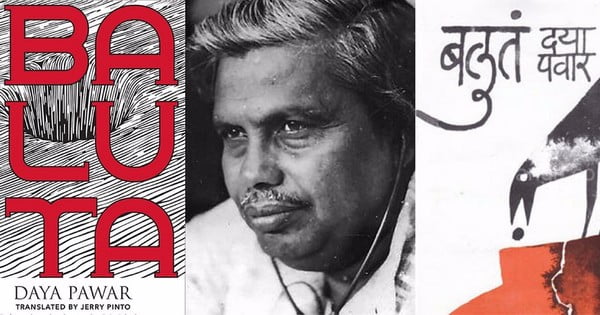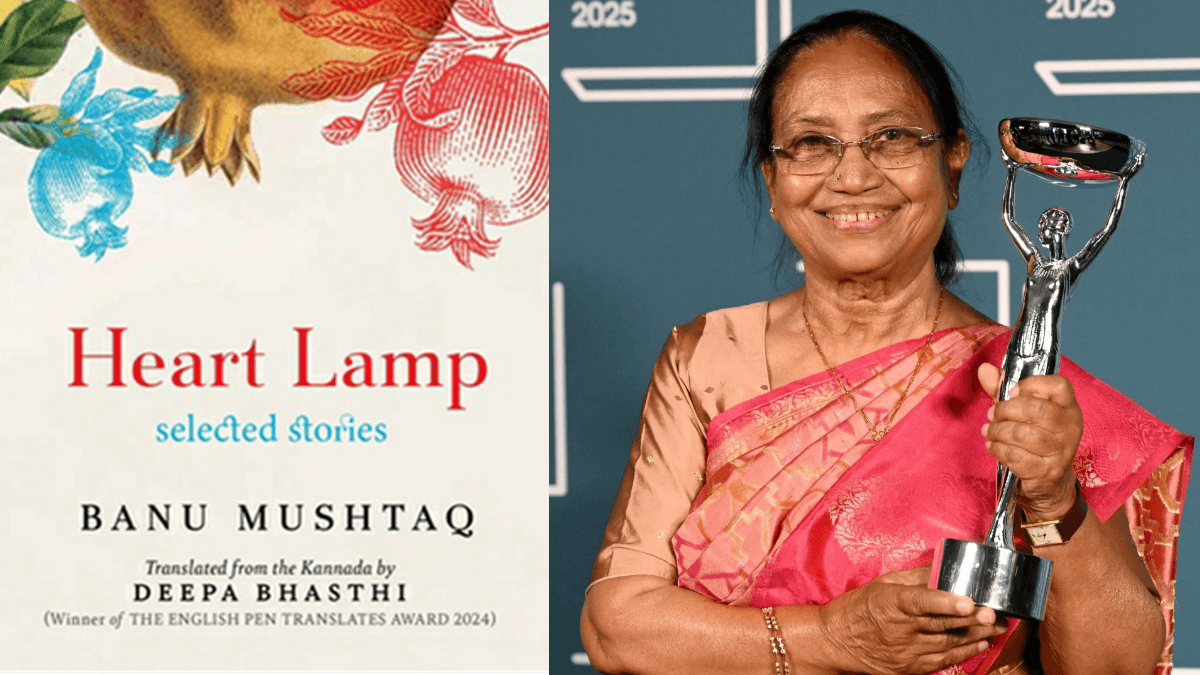Baluta, a book written by famous Dalit Maharashtran poet and writer Daya Pawar, is one of the first Dalit autobiographies in India. Written in Marathi in the year 1978 the book casts light not only on the act of untouchability and atrocities committed on the Mahar community in Maharashtra but also brings out the pride that the Dalit community holds for itself. It reflects, personally, on Pawar’s own failings as a person, the intersectional women in his life and how caste boundaries remain wherever you go and are just presented differently. It is a collection of memories that reflect on the hardships he goes through and the honour people in his community keep fighting for. Daya Pawar received a Maharashtran Literature Award for Baluta amongst many other recognitions for this book. Pawar, born in the Mahar community of Maharashtra, held nothing back while writing this autobiography.
Baluta constantly shifts between rural Mahrawada and urban Kawakhana in Mumbai. From a very young age, Pawar is exposed to life in Mumbai, a life that blurred the caste boundaries a bit. He sees these boundaries being reinforced when he comes to live in the village after his father dies. Moving physically in and out of the village, Pawar’s movement was spatial. He saw the performance of his caste as a stark contrast to the performance of other castes and communities outside.
It reflects, personally, on Pawar’s own failings as a person, the intersectional women in his life and how caste boundaries remain wherever you go and are just presented differently. It is a collection of memories that reflect on the hardships he goes through and the honour people in his community keep fighting for.
In Baluta, we see Pawar’s family constantly struggling to make ends meet, his mother being blamed for being unfaithful, the men sleeping around as a sign of masculinity and the toxic use of alcohol. We see how Pawar constantly wants to move up and away from the Mahar community and his village.
Also read: Book Review: Ants Among Elephants By Sujatha Gidla
He always feels the split between his village life and his city life. In fact, he writes that even though he existed in this world, he used books as a means to escape from it. He presents how education was a different world, one that didn’t talk about his world. It was a world of equal rights which was not the case in his classroom or in his village. He writes in his book why he thinks this book had to be written. One of his quote from the book is,
“I have tried my best to forget my past. But the past is stubborn, it will not be erased so easily. Many Dalits may see what I am doing here as someone picking through a pile of garbage. A scavenger’s account of his life. But he who does not know his past cannot direct his future.”
He presents how education was a different world, one that didn’t talk about his world. It was a world of equal rights which was not the case in his classroom or in his village. He writes in his book why he thinks this book had to be written.
According to the 2011 census, the population of Dalits in India is more than 200 million. This number does not even include Muslim and Christian Dalits who are around 80 million in number yet the atrocities that the book casts light on us still manage to unnerve us because despite having a general awareness we still chose to ignore the details. This is why this narrative becomes increasingly important. It displays us the thing we are, as a country, still reluctant to face let alone change.
It is only recently that this book was translated by Jerry Pinto into English. The translator comments on how one part of Daya Pawar is reluctant to tell the stories and the other half knows that it needs to be told which is why this autobiography is the amalgamation of memories and thoughts. He also comments on the title of the book Baluta which kept the Mahar community something close to a bonded labour to the village community at large.
By naming it Baluta, Pawar refuses to reject what he was taught to reject, refuses to run away from his community, people he has been trying to run away his entire life. And refuses to reject a part of him that was named when he was born, Dagar or Donda. In a society that spends months coming up with the perfect name, we find homes that only think about the child’s survival and not what it is named.
Also read: Book Review: Colour Matters? By Anuranjita Kumar
This is the book that demands to be read because, for the most part, things have remained more or less the same. Baluta is a classic and I hope it is recognised by everyone like that.
Featured Image Source: Scroll
About the author(s)
Varisha Tariq is a recent undergraduate from Ashoka University and she likes reading about politics and deconstructing gender and patriarchy. She aspires to be a writer, business-owner, foreign diplomat and Prime Minister of India all at once although she is currently running an NGO in Lucknow, focused on the education and empowerment of women.




